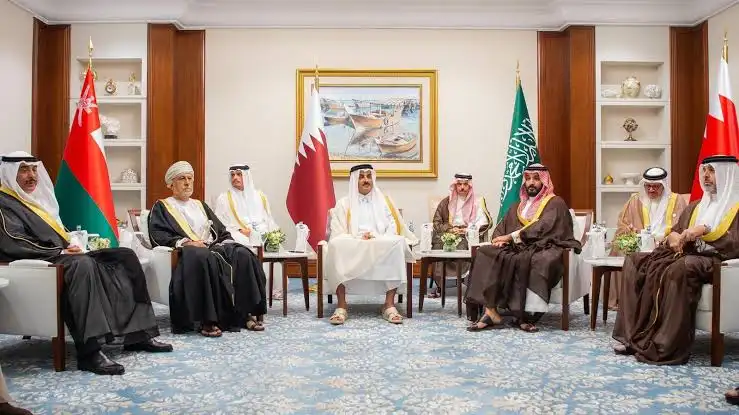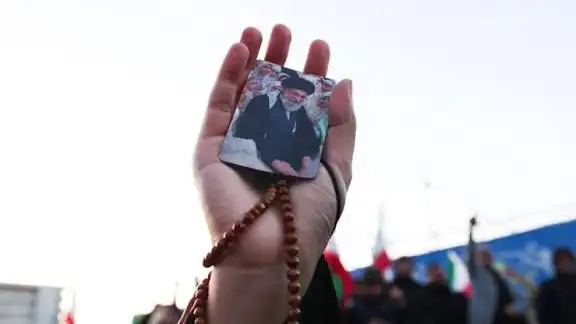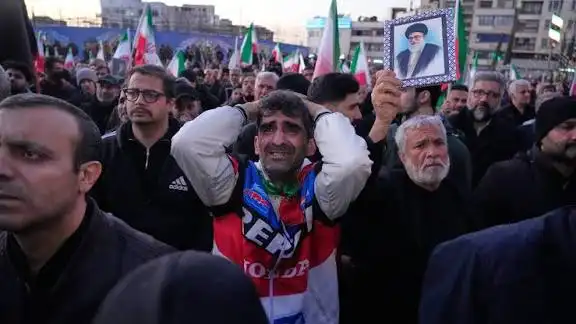Qatar hosted an emergency Arab-Islamic summit in Doha following an Israeli airstrike on Hamas leaders on Qatari soil on September 9, which resulted in the deaths of five Hamas members and a Qatari security officer.
The summit brought together representatives from over 50 Arab and Islamic nations, including members of the Arab League and the Organization of Islamic Cooperation (OIC), to craft a unified response to Israel’s actions. Qatar’s Emir, Sheikh Tamim bin Hamad Al Thani, condemned the strike as a “flagrant act of aggression” that jeopardized peace efforts, particularly given Qatar’s mediation role in ongoing U.S.-backed ceasefire discussions.
During the summit, attendees, including leaders from the OIC and the Arab League, expressed strong condemnation of the Israel’s actions, describing the airstrike as a violation of international law and a threat to regional peace. The final communique reaffirmed solidarity with Qatar’s sovereignty and the necessity for decisive measures against Israel.
However, consensus on specific actions proved challenging due to divisions among member states, particularly between those with diplomatic ties to Israel, like the UAE and Bahrain, and those advocating for stronger punitive measures, such as Iran and Turkey. The final declaration called for legal and effective actions, but did not outline specific steps.
The United States, a crucial ally of Israel, has been urged to facilitate de-escalation. U.S. Secretary of State Marco Rubio engaged with both Qatar and Israel, stressing the need for dialogue. President Donald Trump clarified that he was not informed of the airstrike in advance, underscoring the complexities of international diplomacy. The summit highlighted Qatar’s mediating role amidst rising tensions, with the international community emphasizing the importance of peaceful resolutions.












Why is Qatar prioritizing containing Israel instead of promoting peace and cooperation in the region? Seems counterproductive.
Do you think this summit will actually lead to any concrete actions against Israel, or is it just for show? Lets discuss!
I cant believe theyre focusing on containing Israel instead of promoting peace and cooperation in the region. Priorities, people!
I think its important for Arab countries to come together and strategize against Israels aggression. Unity is key in times like this.
Do we really think a summit is the solution here? Is there a better way to address conflicts? Lets discuss!
I dont think focusing on containing Israel is the right approach. Dialogue and cooperation could lead to better outcomes.
Isnt it concerning how quickly tensions escalate in the Middle East? Diplomacy seems to be a lost art these days.
I think its important to consider all perspectives on the matter. What are your thoughts on the strategies discussed at the summit?